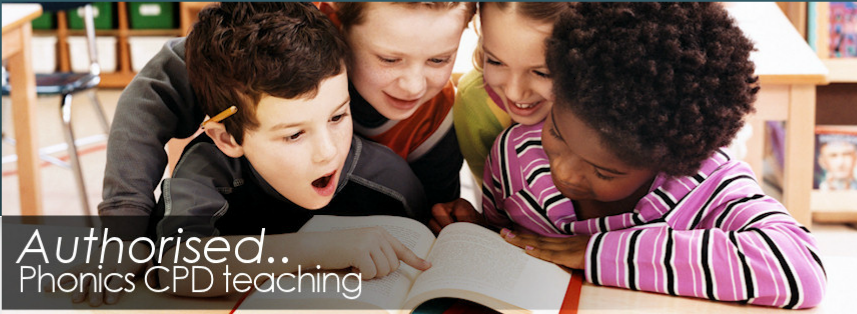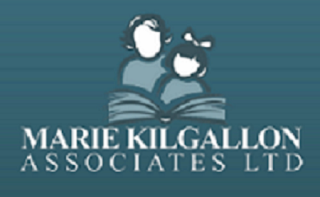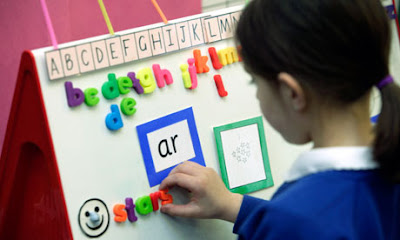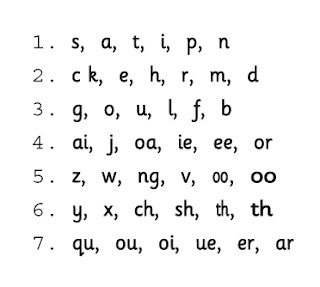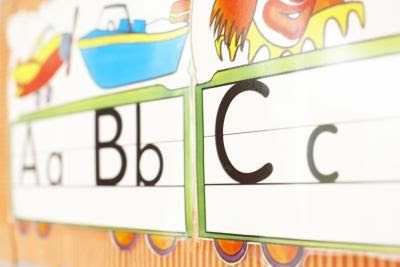For details:
Contact me marie@mariekilgallonliteracy.co.uk or Call 01642 310313
http://www.mariekilgallonliteracy.co.uk/better-reading-support-partners-training-dates-2015-2016/
"Reading age achieved over six times improvement"
Better Reading Support Partners - Literacy Central is an independent education consultancy who believe that literacy is central to educational and life success. Working across the whole range of early years, primary and secondary provision and with other organisations, we offer tailored support and training that can be delivered onsite or at central venues.
Better Reading Support Partners Training
2015
Sept 23rd - 24th Redcar & Cleveland (TBD)
Oct 7th - 8th Darlington Hall Garth Hotel
Oct 14th - 15th Yorkshire (TBD)
Nov 11th - 12th North West (TBD)
Dec 2nd - 3rd North East (TBD)
2016
Jan 20th - 21st North West (TBD)
Feb 3rd - 4th Manchester (TBD)
Feb 24th - 25th Yorkshire (TBD)
Mar 9th - 10th (TBD)
Apr 27th - 28th (TBD)
May 11th - 12th (TBD)
June 15th - 16th Cedar Court W.Yorkshire
June 29th - 30th (TBD)
July 6th - 7th (TBD)
What is Better Reading Support Partners?
Better Reading Support Partners - BRSP is a ‘light touch’ reading intervention for pupils in Years 1 to 10 who have fallen behind at reading. A specially trained Better Reading Support Partner delivers a short one-to-one support programme to help them to develop independent reading and comprehension skills so that they can make accelerated progress and catch up with their peers. It has been developed by National Advisers from Edge Hill University in liaison with Bradford local authority, updating the authority’s earlier Better Reading Partnership, to provide a balanced approach to developing phonic skills, comprehension and the enjoyment of reading.
Who is it for?
Better Reading Support Partners raises the attainment of children who can read but who lack fluency, understanding and enjoyment and may need support with decoding skills, vocabulary and/or comprehension. It is for children in KS1 who have fallen slightly below the level of their peers and for children in KS2-3 whose reading age is below their chronological age.
It helps them to:
Better Reading Support Partners raises the attainment of children who can read but who lack fluency, understanding and enjoyment and may need support with decoding skills, vocabulary and/or comprehension. It is for children in KS1 who have fallen slightly below the level of their peers and for children in KS2-3 whose reading age is below their chronological age.
It helps them to:
- decode the words on a page
- understand what they are reading
- read with greater pace and fluency
- confidently access a wider range of reading material
- develop independent reading skills
- enjoy and develop a long-lasting enthusiasm for reading.
How does it work for the pupils?
A Better Reading Support Partner provides a 10-week programme of three 15-minute one-to-one support sessions per week for selected pupils, using simple and effective assessments to inform the selection of a carefully structured sequence of texts that are finely tuned to the pupil’s skills and interests. Within a relaxed environment the pupil is given the time and space both to practice and apply their skills and to talk about their reading with an interested adult.
A Better Reading Support Partner provides a 10-week programme of three 15-minute one-to-one support sessions per week for selected pupils, using simple and effective assessments to inform the selection of a carefully structured sequence of texts that are finely tuned to the pupil’s skills and interests. Within a relaxed environment the pupil is given the time and space both to practice and apply their skills and to talk about their reading with an interested adult.
How does it work for schools?
The school selects one or more suitable TAs to train as Partners, e.g. a teaching assistant with successful experience of supporting children’s reading, and a link teacher who acts as the Better Reading Support Partner coordinator for the school, managing the partnership in school and linking with the school’s senior leadership team, class teachers and parents. Ideally, the coordinator is a member of the senior leadership team.
The school selects one or more suitable TAs to train as Partners, e.g. a teaching assistant with successful experience of supporting children’s reading, and a link teacher who acts as the Better Reading Support Partner coordinator for the school, managing the partnership in school and linking with the school’s senior leadership team, class teachers and parents. Ideally, the coordinator is a member of the senior leadership team.
What training and support are available
A two-day training course for Partners and the link teacher that covers;
A two-day training course for Partners and the link teacher that covers;
- organising and managing the intervention
- delivering BRSP sessions
- understanding the reading process
- talking with pupils about their reading and learning
- selecting suitable texts
Also included are:
- detailed handbook guidance
- online guidance and downloadable resources
- detailed analyses of children’s progress to help the school to evaluate and demonstrate the impact of Better Reading Support
- Partner telephone and e-mail support
The cost of the training is £300 per person for the two day course.
This includes all refreshments, programme handbook, and access to on-line guidance and resources. Detailed data analyses of pupil’s progress and a summary report for one year initially are included in the price of the training.
Better Reading Support Partners was trialled with 26 pupils in Years 1 to 7 by 14 schools in 2013. After only 17 sessions in 1.8 months, they made:
- an average Reading Age gain of 11.2 months
over six times the expected rate of progress
over six times the expected rate of progress
- an average Comprehension Age gain of 9.8 months
over five times the expected rate of progress
over five times the expected rate of progress
For more details:
Contact me marie@mariekilgallonliteracy.co.uk or Call 01642 310313
